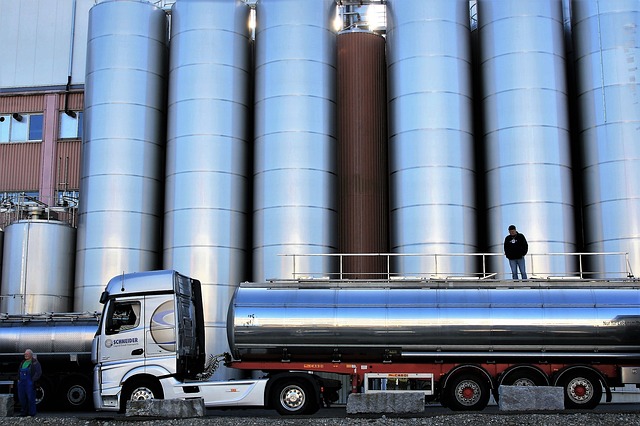All enterprises operate in the marketplace and thus affect the state in which they operate and for which they pay taxes. If an enterprise makes a profit and does well, this means revenue for the state. If the enterprise performs poorly and fails to make a profit, its contribution to the state decreases and can even be zero.
Making a profit and running a successful business is the goal of any business, both for its success and for the achievement of its economic plan. Businesses that do not make a profit gradually decline and disappear. As a result, there is room for new businesses to emerge that are successful, profitable, and able to meet the state\’s coffers by paying taxes and other mandatory levies.
In the unlikely event that all the businesses and establishments in the state were to close at once, the state and its economy would collapse in total, creating a huge financial crisis, food crisis, drug crisis, etc. in other sectors. That is why it is so important that businesses in the state thrive.
The market is populated by companies from many different sectors and industries. These include transportation, manufacturing, and sales.
Manufacturing firms produce products, which are sold to trading firms, which in turn transport the goods to other locations through transportation companies, where they are sold to the end consumer. By the time a product reaches one consumer, it may employ and benefit several different firms. This is a good thing; the firms pay the Treasury, and the Treasury can redistribute the money.
In short, the firm is the alpha and omega of a state that wishes to remain independent and functioning. Enterprises within a state provide services, production, and the sale of necessities to the people of the state. In so doing, the enterprises maintain the existence of the state. Despite the fact that this is the essential role of the enterprise, people often fail to realize this and take stores and other services for granted.